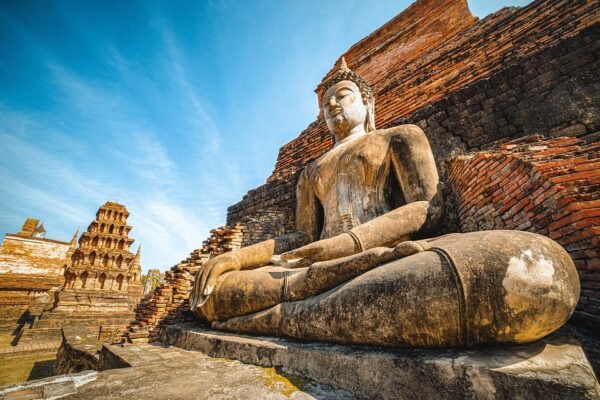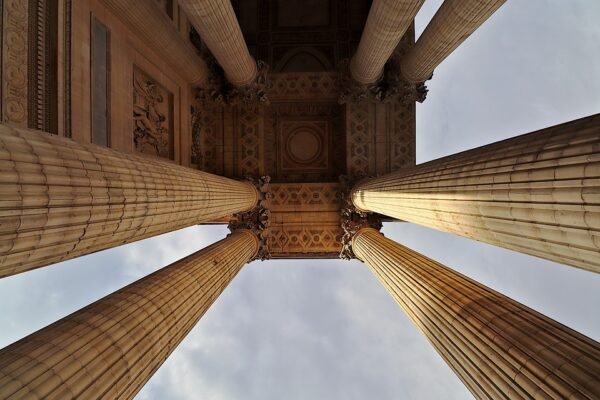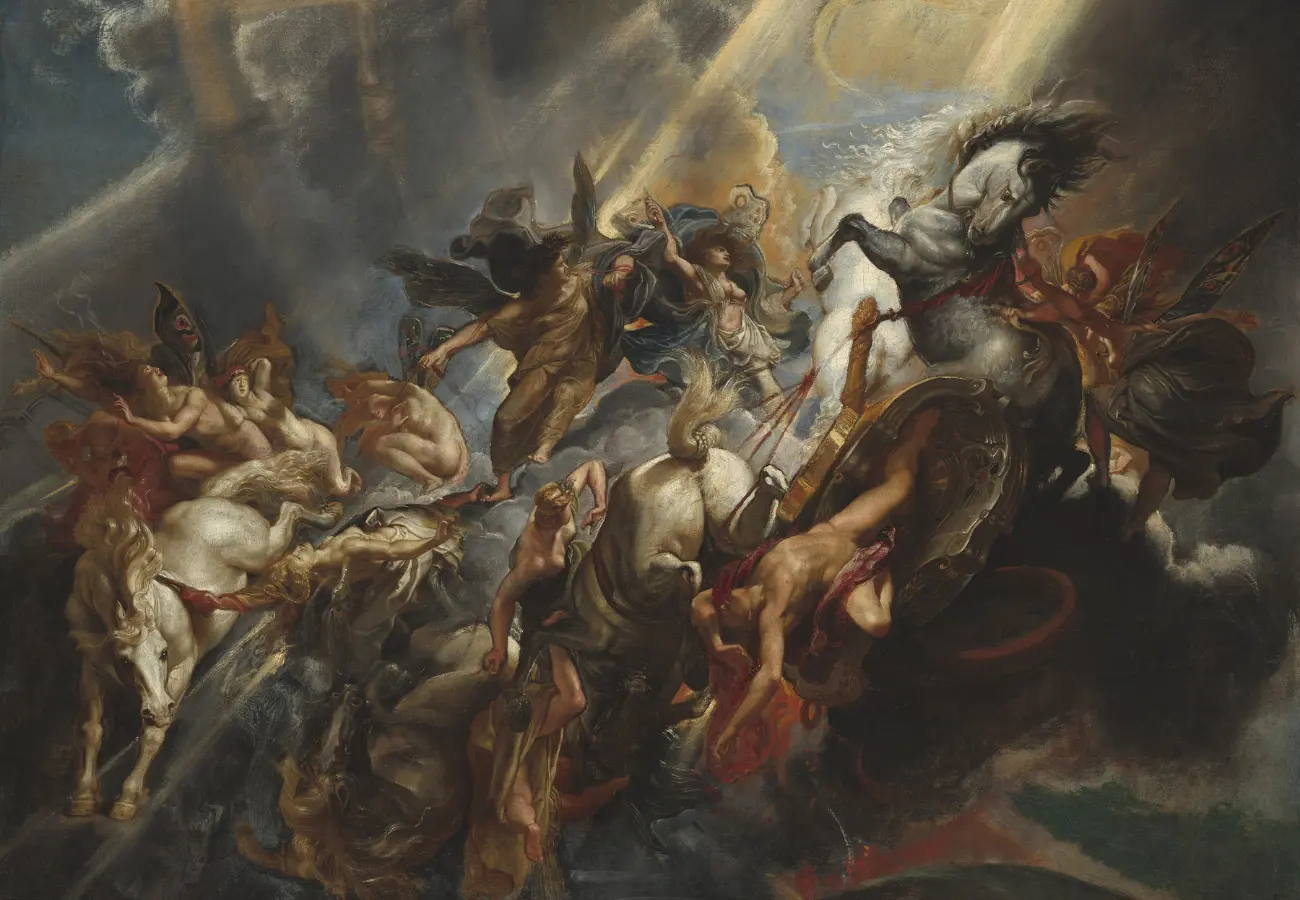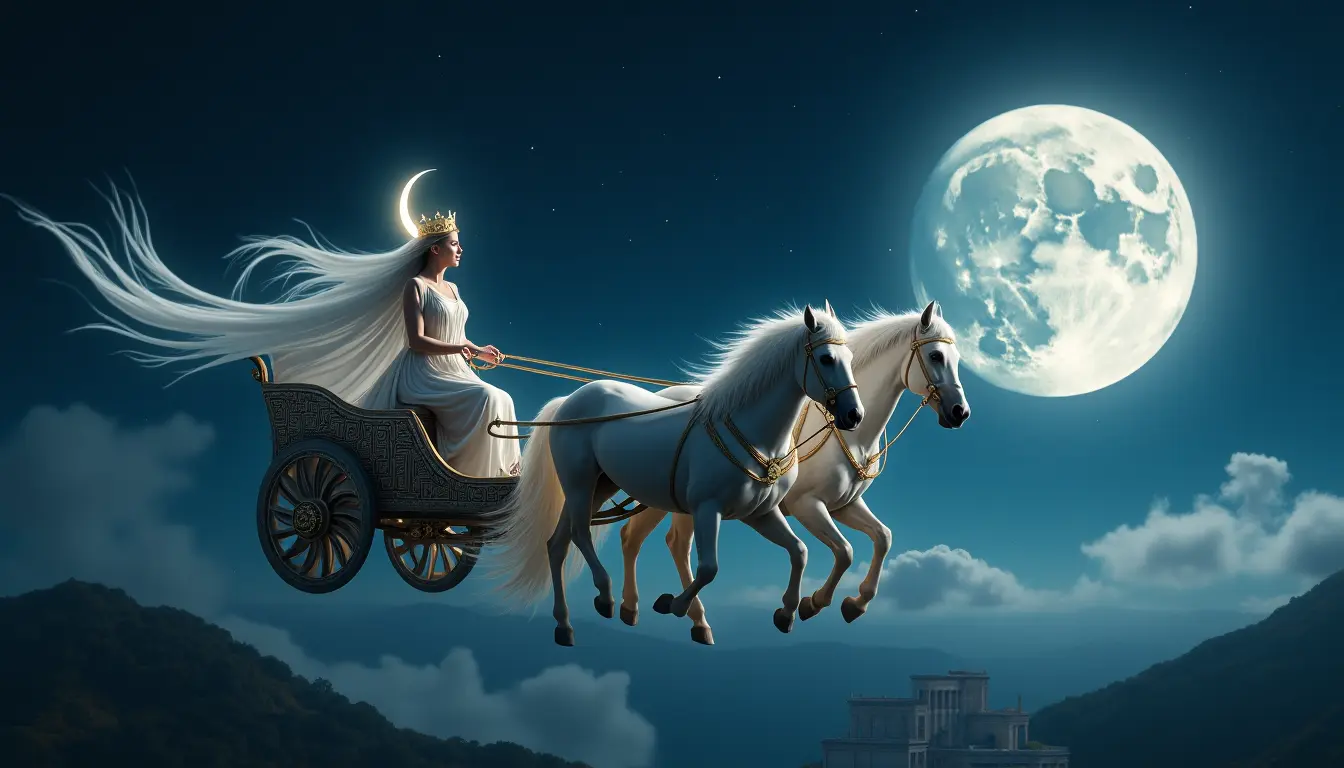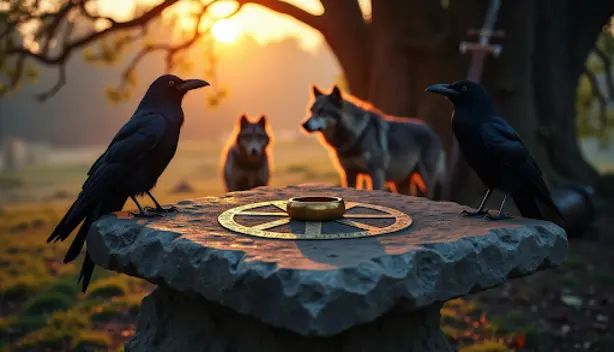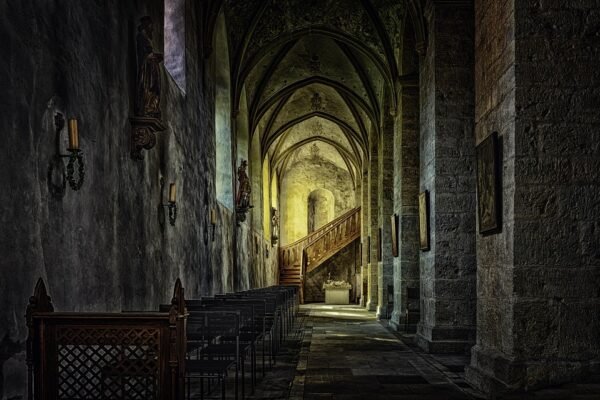
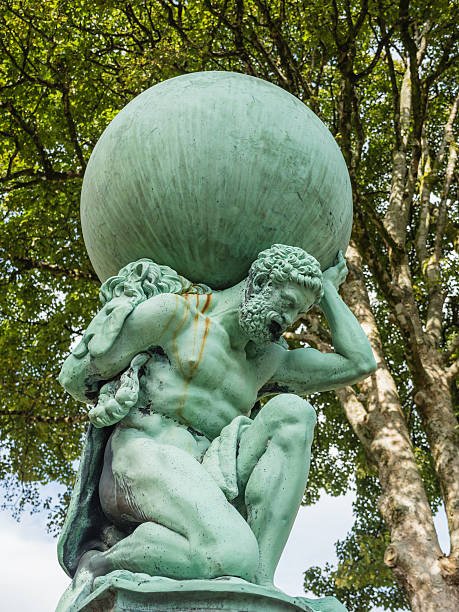
A Mythological Odyssey of Greek and Roman Heroes – Retro Timeline
Heracles and Hercules: A Comparative Analysis
The eternal question of whether Heracles and Hercules are one and the same or if their tales diverge in fascinating ways has puzzled scholars and enthusiasts for ages. As an expert in mythology, I am excited to guide you through the intriguing comparison of these two legendary figures: Heracles vs Hercules. In this exploration, we will delve into the adventures, characteristics, and cultural influences that define Heracles and Hercules, navigating the blend of Greek and Roman mythologies where these two namesakes are separated by language and geography. Join me on this journey as we dissect the legends of these iconic figures, unraveling the compelling parallels and differences that make Heracles and Hercules a captivating subject of the ancient world.
Origins and Names:
The hero known as Heracles in Greek mythology and Hercules in Roman mythology is one of the most iconic figures in ancient storytelling. In Greek mythology, the hero is referred to as Heracles, derived from the Greek name “Herakles,” with roots in the Greek words “hera” (meaning ‘Hera,’ the queen of the gods) and “kleos” (meaning ‘glory’ or ‘fame’). This etymology reflects the complex relationship between Heracles and Hera, his stepmother and relentless adversary, loosely translating to “Glory of Hera.”
In Roman mythology, the name Hercules is a Latinized version of the Greek name Heracles, with the Roman adaptation often involving assimilating Greek gods and heroes into their own pantheon. The primary difference between the two names lies in the cultural variations between Greek and Roman civilizations, with Heracles being the Greek version and Hercules being the Romanized version.
Cultural Context:
The distinction between Heracles and Hercules extends beyond their names and encompasses the cultural contexts of Greek and Roman mythologies. While both mythologies share certain similarities due to historical interactions, they also have unique nuances that shape the identity of the hero in each tradition.
In Greek mythology, Heracles embodies the ideals of heroism, strength, and mortal struggle as the son of Zeus, king of the Greek gods, and a mortal woman named Alcmena. His journey was characterized by immense challenges and labors, often imposed by Hera to punish him for his divine lineage. Heracles resonated within Greek culture as a symbol of overcoming obstacles and achieving greatness despite adversity, celebrated in art, poetry, and philosophical discussions.
In Roman mythology, Hercules assumed a role aligned with Roman values and beliefs, identified with their god of strength, Virtus, admired for his embodiment of virtuous qualities such as bravery and fortitude. This connection allowed the Roman people to adopt the Greek hero into their pantheon.
Worshipers of Heracles vs Hercules:
In Greek mythology, Heracles held a position of reverence as a dynamic demigod commanding a devoted following across various city-states, portrayed as the embodiment of valor. His journey, characterized by monumental challenges, resonated with Greek ideals of personal growth, with the Twelve Labors becoming emblematic of his heroism. Heracles served as a link between humanity and gods, offering protection and aid through festivals.
In Roman mythology, Hercules transcended the Hellenic heritage to become an essential deity in the Roman pantheon, harmonizing with Roman values of bravery and moral strength. Temples and altars dedicated to him dotted the landscape of the Roman Empire, underlining his significance, with his Labors symbolic of virtues crucial to Roman identity.
Death of Heracles vs Hercules:
In Greek mythology, the death of Heracles was marked by tragedy and divine strife, as he fell victim to a plot by Hera, driving him to madness and leading to the death of his family. Seeking purification through trials, he was ultimately rewarded with godhood and wed to Hebe, achieving a form of redemption.
The Roman version of Hercules’ death diverges significantly, with his virtuous character and deeds leading to his ascent to Mount Olympus and marriage to Hebe, reflecting Roman ideals of moral integrity.
In conclusion, Heracles and Hercules, while sharing similarities in their heroic feats and divine lineage, are distinct figures with unique narratives shaped by the cultural contexts of Greek and Roman mythologies. The tales of these legendary heroes continue to fascinate and inspire audiences, highlighting the enduring power of myth and storytelling in shaping our understanding of the ancient world.


